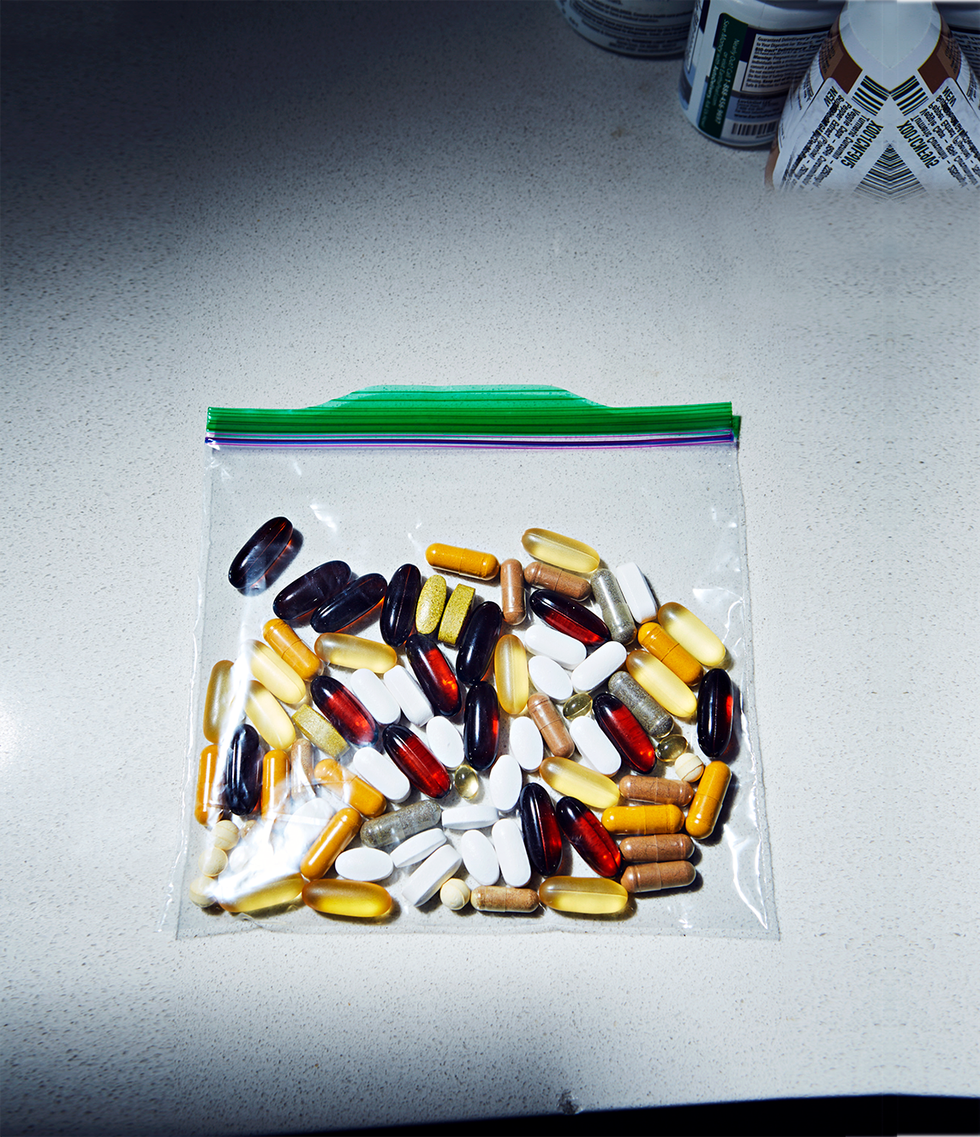Nature Knows and Psionic Success
God provides
Want to Buy Nootropics? What You Should Know First

It’s a frosty Monday evening in March, but in the back of Idea Coffee, a dingy café near the Empire State Building, things are heating up. A group huddles around a small black box—the $160 ApeX Type A brain stimulator, with its retro-looking meter and dial and two electrodes. It’s supposed to bolster learning by delivering a mild electric current to the brain. The guy who’s been experimenting with it for a week notes that the only thing he’s noticed so far is a metallic taste in his mouth. “I hope I don’t fry my brain,” he half-jokes. But there’s a surprising lack of skepticism in the room. That’s because this is a weekly meetup of amateur biohackers. In fact, positivity is one of their ground rules. Members share experiences with ketogenic diets, biofeedback apps, sensory-deprivation tanks, and, lately, a class of smart drugs known as “ nootropics .” Their primary obsession is brain enhancement. The U. S. nootropics industry was valued at more than $1.3 billion in 2015 and is projected to reach $6 billion by 2024. This growth is due in part to slick marketing from biohacking “experts” such as Dave Asprey (founder of Bulletproof) and Josiah Zayner, Ph.D. (CEO of the Odin), who’ve built big social-media and podcast followings as well as customer bases. At the grassroots level, there are meetups across the country like the one at Idea Coffee, plus a vibrant online community. Forums including reddit.com/r/Nootropics/ have more than 140,000 subscribers discussing products with names like Orange Brainwash and GodMode. Nootropics are blends of ingredients touted as a low-risk way to enhance learning, memory, motivation, and even serenity. These ingredients range from herbs such as water hyssop ( Bacopa monnieri ) and arctic root to chemicals such as vinpocetine. And many people swear by […]
Click here to view full article
